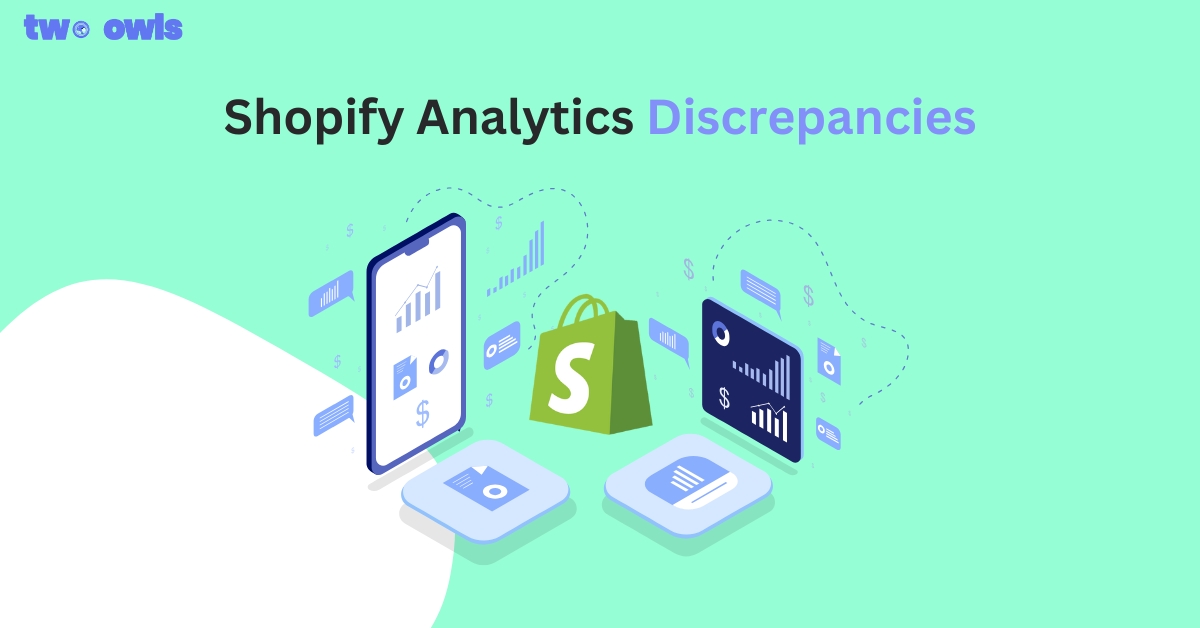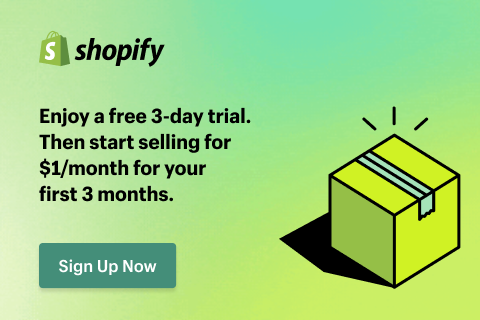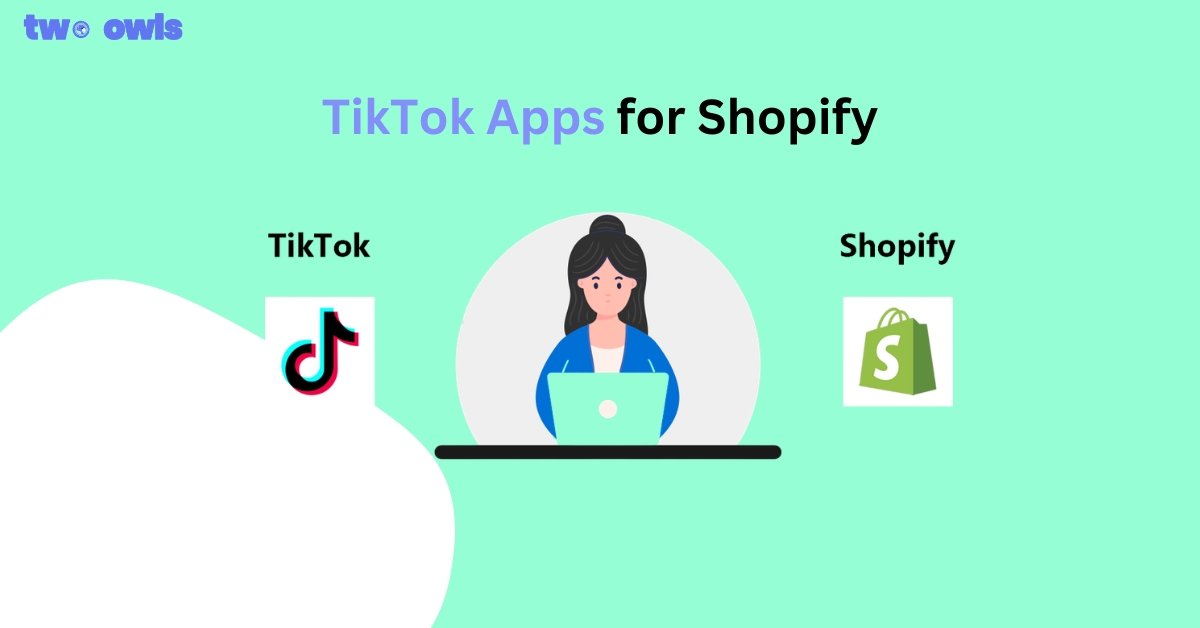Facebook Conversion API 101: Free explanation and action guide [2026]
Do you feel like your Facebook Ads are stuck in a rut these years? Everyone, too. You've fed up with everyone blaming IOS 14 updates for Facebook's dull spending. Yeah, right. But what bugs you, even more, is the flood of Conversion API tools claiming to fix the entire problem. Months wasted, no good in sight.
Scream! You deserve it.
This is the last article you need to stay on top of the tracking game. And it's fluff-free.
What is Facebook conversion API (CAPI) ?
You must first have a basic understanding of the Facebook pixel in order to comprehend the Facebook conversions API.
The Facebook pixel is a browser-side tool, to put it briefly. This just indicates that data is tracked via the user's browser. While Facebook Pixel is easily shut down by browser limitations, Conversion API is not.
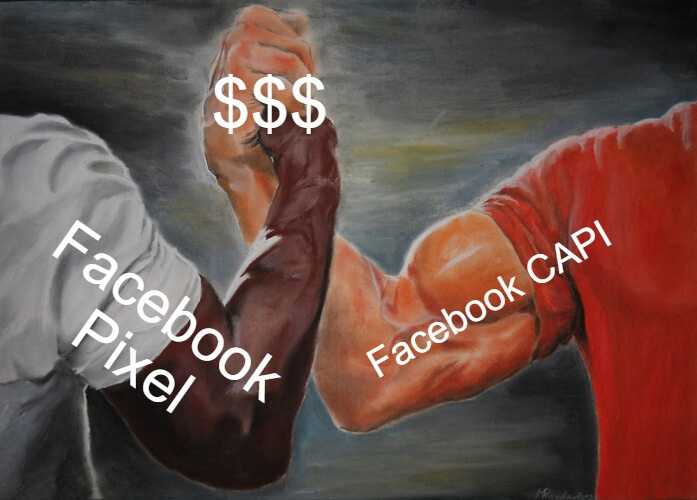
Unstuck your Facebook Ads tracking.
Every ad platform needs data to understand which audience works for you.
When the Apple Privacy Prompt erupted in 2021, it hit Facebook hard. No one wants Facebook to track them across the site. 96% of US IOS users, to put it in perspective.
And IOS devices account for almost half of the smartphones in this world.
Facebook Pixel is blind half of the time.
If you're starting out with a limited budget, you can't afford to lose data. When you're sending Facebook only half of the picture, don't expect it to target full correct.
Lucky for us, Conversion API came into play.
Facebook conversions API is a server-side tool. Instead than using your customer's browser to track conversions, you can do so via the server of your website. It records "server events" as opposed to "browser pixel events".
In fact, Conversion API is the new tracking standard.
Learn More: Conversion API vs Facebook Pixel: Which one to choose?
What is tracked by the Meta Conversions API?
- Standard events: It tracks all standard e-commerce events.
- Custom events: It helps you track custom events like search or time on page.
- Event Match Quality: sending extra event parameters and customer information parameters for Facebook to find a profile match.
Additionally, it offers the data needed for: Facebook Ad targeting, Audience Insights, Dynamic ads, Ad Optmization,...You also have more control over the data you track on Facebook thanks to the conversions API. You can also transmit Facebook the data from offline events directly using the Conversions API.
How to Set Up Facebook CAPI?
Set up Meta Conversion API to bridge data gaps caused by browser-based tracking limitations and strengthen campaign performance. As privacy updates (e.g., iOS 14+) reduce pixel reliability, CAPI enables direct server-to-Facebook communication, ensuring critical customer events - like purchases or leads - are captured securely. This method improves data accuracy, supports privacy compliance, and refines ROI optimization. Follow the steps below to configure CAPI and maintain robust ad insights:
Step 1: Access Facebook Business Manager
Begin by logging into your Facebook Business Manager account. Ensure that you have administrative privileges to manage your business settings.
Step 2: Navigate to Events Manager
Click on the 'Events Manager' in the main menu. This is where you will manage all your pixels and conversion events.
Step 3: Select Your Pixel
Choose the pixel associated with your website. If you haven’t created one yet, this is the time to do so by clicking on the ‘Add New Data Source’ button and selecting ‘Facebook Pixel’.
Step 4: Locate Conversion API Settings
Within the pixel settings, scroll down to find the 'Conversion API' section. Click on ‘Set up Conversion API’ to proceed.
Step 5: Generate Access Token
Follow the prompts to generate an access token. This token is necessary to authenticate the data sent from your server to Facebook.
Step 6: Domain Verification
Verify your server domain to ensure it’s recognized by Facebook. This step is crucial for the access token to be associated with the correct domain, enhancing data security.
Step 7: Install the Code
Integrate the Conversion API code with your server. This might require developer assistance. If you use a tag manager, such as Google Tag Manager, look for a template or custom integration method.
Step 8: Map Out Events
Identify and configure the specific events you want to track, like 'Purchase' or 'Lead'. Assign each event a unique name and set the corresponding parameters.
Step 9: Test Your Setup
Use the 'Test Events' feature in Events Manager to ensure that your server is sending the events correctly. Look out for any errors and confirm that the events are shown in the Facebook pixel page's activity section.
Step 10: Monitor and Optimize
After successful implementation, regularly monitor the data being transmitted. Use this data to optimize your ad campaigns for better performance and ROI.
Two Owls App - Easily set up Facebook Pixel and CAPI:
If you are using Shopify, Wix or Shopline website, it will become easily to set up both Facebook Pixel and CAPI thanks to our app - Two Owls - Omega Facebook Pixels.
- Suitable for small and medium-sized businesses.
- Integration works seamlessly, literally
- Tracking accuracy and data quality is top-notched
- Is Facebook Ads Manager not telling you what campaigns are performing? No problem. You have an alternative reporting dashboard here.
What’s next?
Once you've got yourself a decent tracking tool, it's time to get quality data to work for you.
Whether it be optimizing for higher-up funnel events like view content or adding to carts when you are just starting out, or for sale, be sure to watch your campaign performance closely.
Server-siding tracking will be a future on its own. Though Google keeps pushing deadlines to phase out third-party cookies, know that only Pixel won't be so effective without the help of Conversion API.
Deduplication in Facebook Pixel: How to Fix Duplicate Events and Track Data Correctly
Omega TikTok Pixels Now Speaks Your Language: Introducing Multi-Language Support
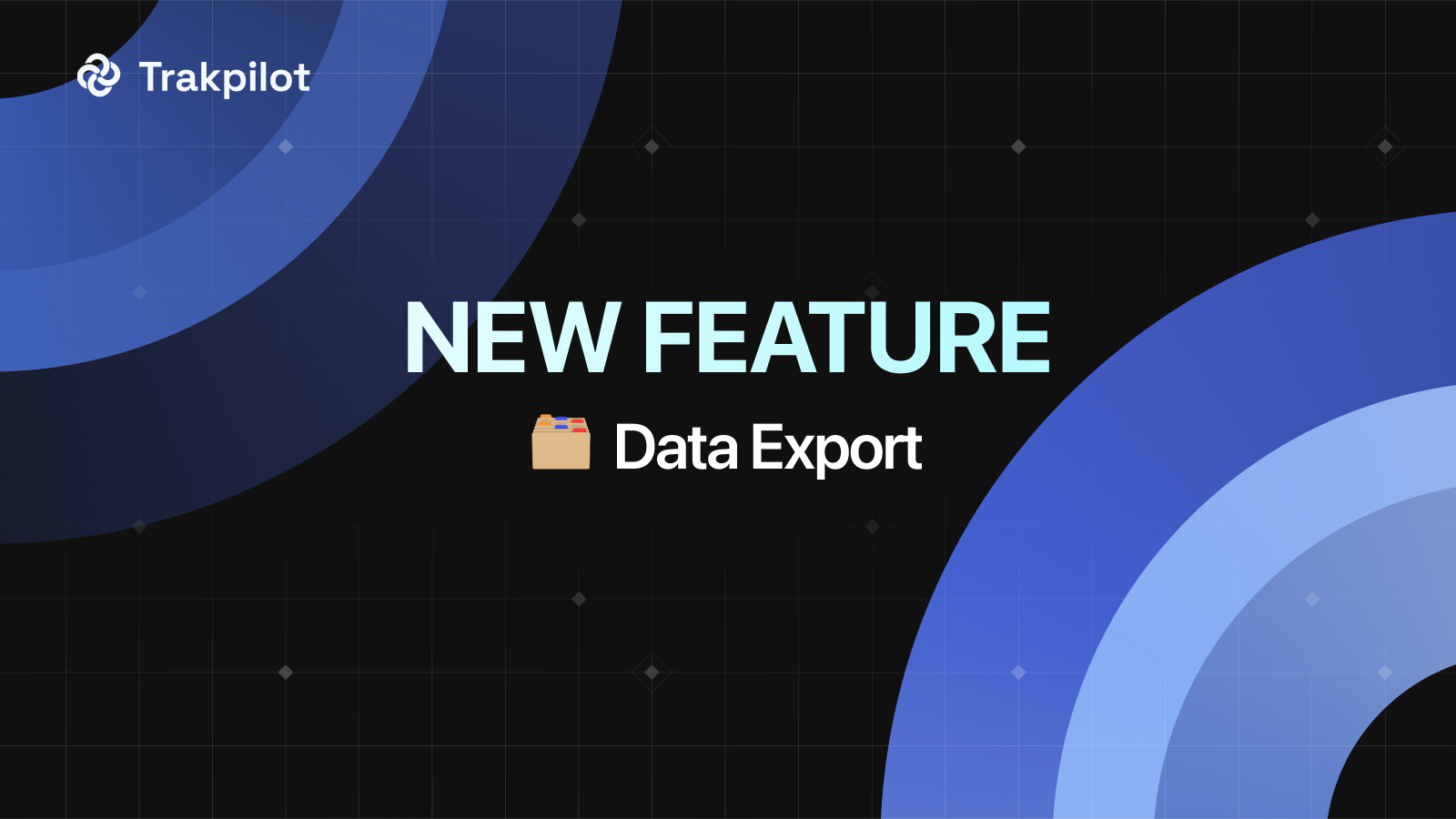
Trakpilot New Feature: Export Your Conversion Events Data
